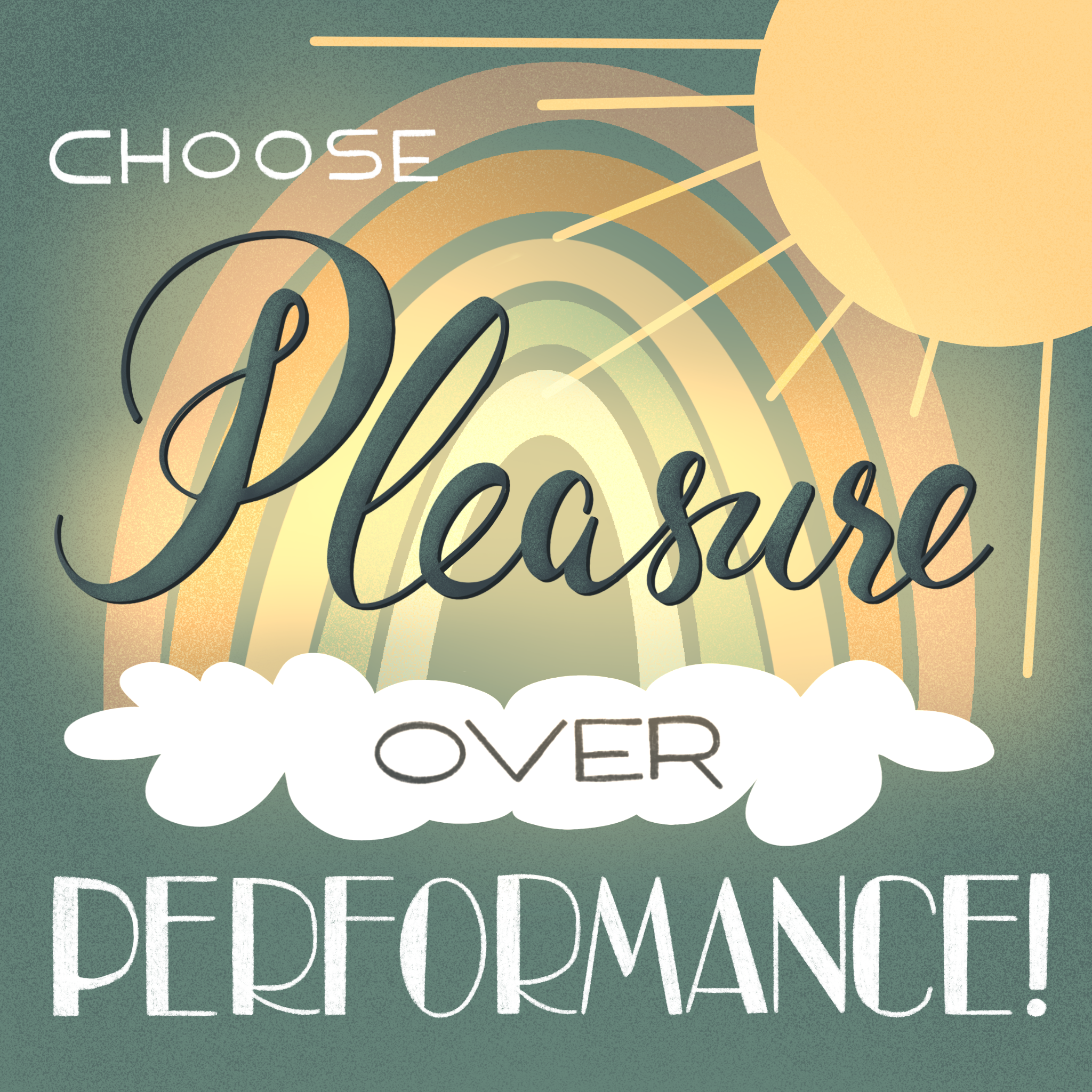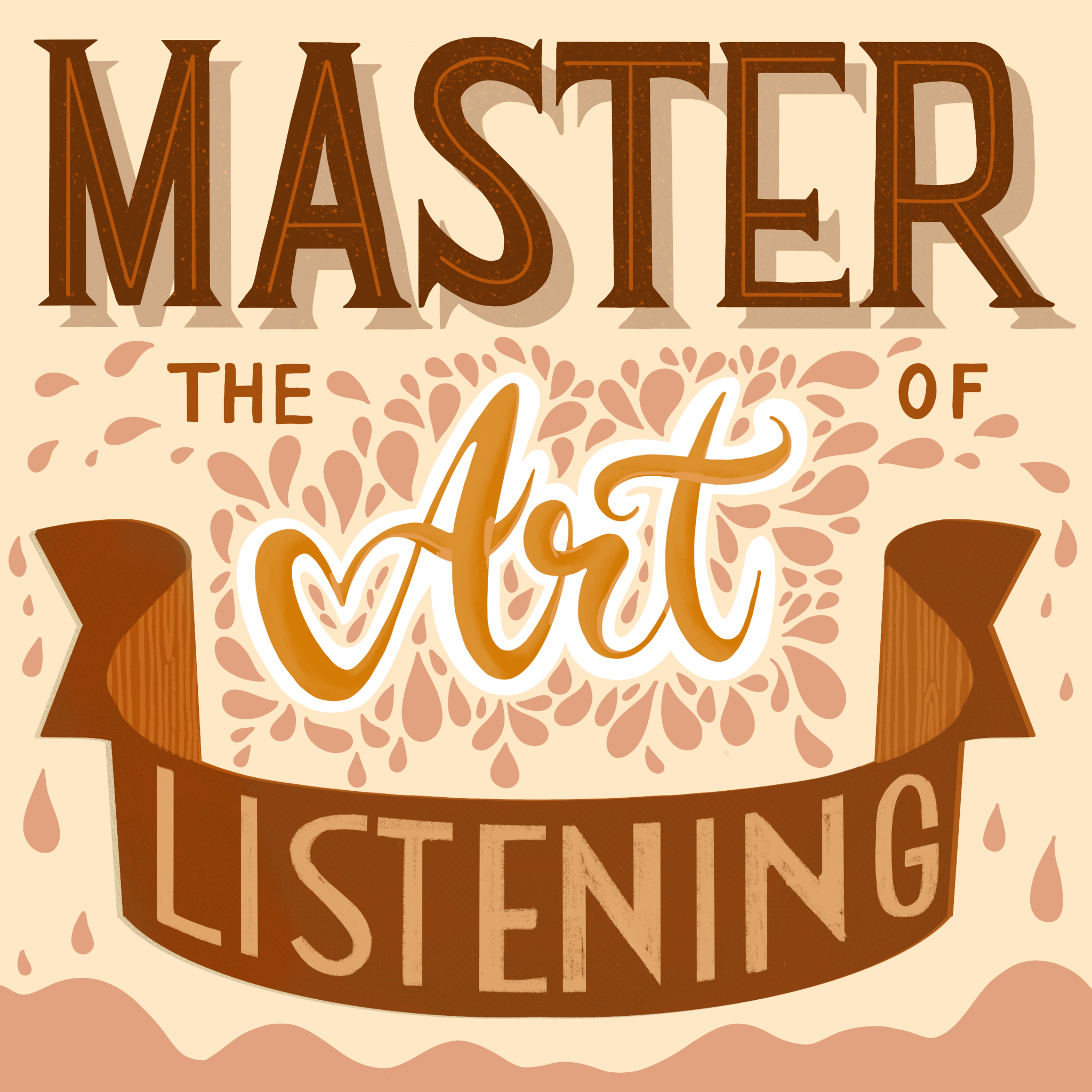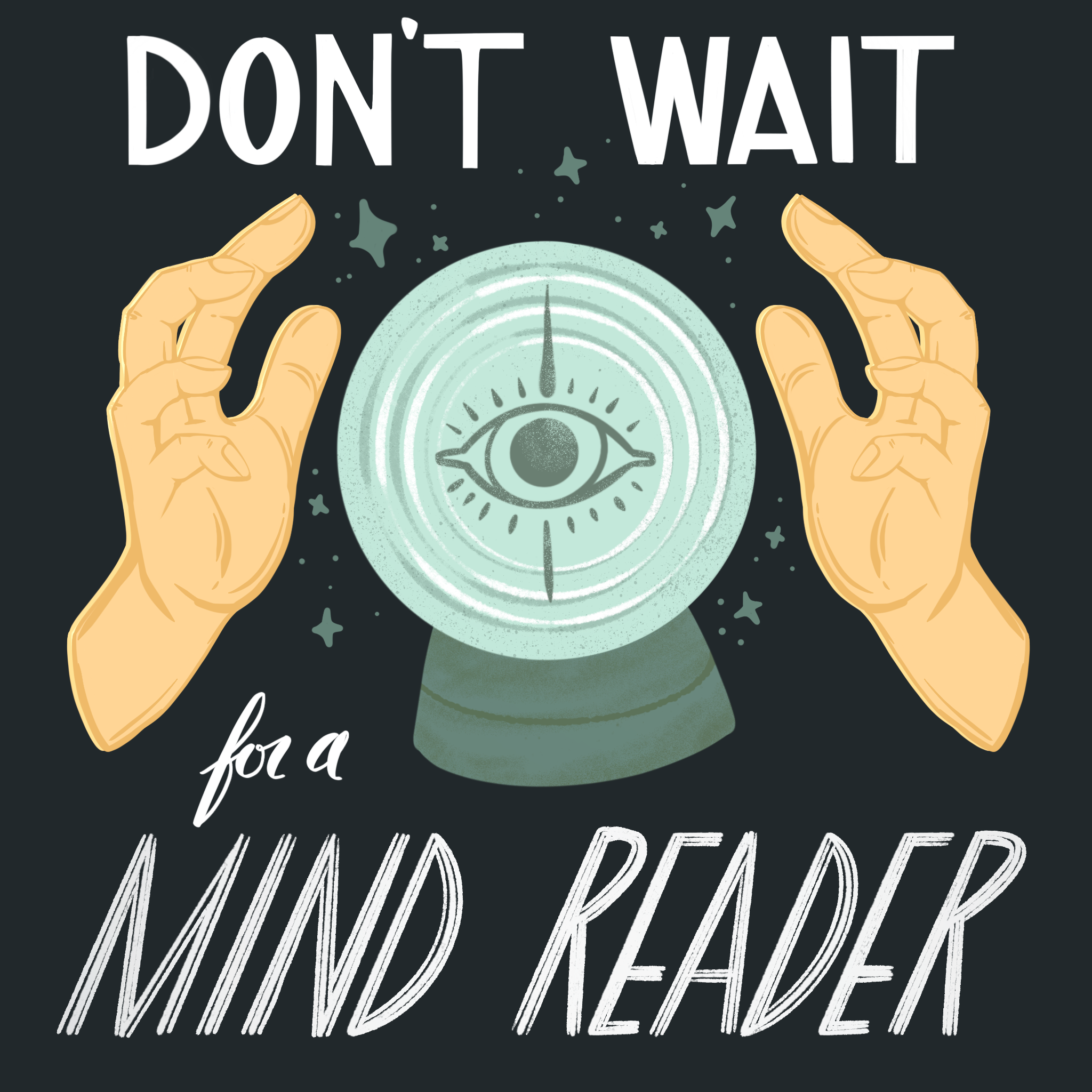One of the trickiest things to navigate in a relationship is when one person is wanting a change and the other person is expressing resistance to the proposed change.
As the one who wants to change, it may be tempting to persuade, demand, or pull your partner along. And it may work for a while. But if someone is not really (at their core) agreeing to the change, this option isn't sustainable; eventually their behavior will begin to shift back to where it's comfortable or where it's focused.
Or we may get consumed with our own sense of helplessness. “I've tried everything. My partner just won't change! I'm done trying.” Now, I don't want to downplay or dismiss the depth of pain and exhaustion that lies beneath this type of helpless expression. It's usually a sign of feeling completely overwhelmed: We want different results and can't see how to get there.
However, if your partner is not changing and you are now feeling so angry with your partner for not changing that you've decided you're not going to change either...well, that's a whole lot of not changing going on and my guess is, things won't change.
So what do we do?
Honestly I'm not totally sure. Every relationship and everyone's motivation or leverage is a bit different. But here are some things I've seen work for people as they're trying to talk through conflict (navigating through different opinions/values/needs).
See if any of these may apply for your situation:
1. First and most importantly: Focus on YOU and not your partner.
I know it's a tall request (especially since it's easier to see your partner's blind spots and quirks over your own). But focus and refocus on “What can I do to get closer to the outcome I'm wanting?” When either person makes a move, it transforms the relationship's ecosystem.
2. Get clear on your why.
WHY do you feel this specific change is so important? What is the dream underneath the conversation that you're trying to protect? Rather than talking at your partner about all the ways they could improve, approach them with what these details represent to you.
3. Listen.
It can be so hard in these situations not to be self-righteous. It can feel counterintuitive to take a step away from how convinced we are about our own narrative and arrive to a place of curiosity and openness toward our partner's stance. Why are they resisting this? What dream are they trying to protect? What are they concerned about?
Talking at our partner will likely lock up their stance up; listening to them will soften it. I usually try to focus on: How can I be curious and empathetic with what their stance or dream is in this situation?
4. Set up the right situation to actually have an open conversation
John and Julie Gottman have revealed that the tone of the first two minutes of any interaction tends to predict how the interaction will end. So, it is WORTH the effort to start the conversation in a way that's direct but also gentle and inviting for the other person.
4. Start with flexibility
Use language that shows you're flexible and wanting to collaborate with your partner. This isn't a monologue. We want them to help us find a solution.
Statements like:
Can we try this for 3 months and see what we think?
Can we try this one aspect of my idea and see how it feels?
This aspect is really important to me, but I'm flexible around these areas of the conversation.
Show the listener that we have a need, some of which may be inflexible. Yet, there are areas of the conversation where we are very open and flexible.
4. Be direct, remain diplomatic.
Your partner is not a mind reader. Repeat: Your partner is not a mind reader.
Sometimes we're feeling stuck because we FEEL that we've been direct, and so our conclusion is that we're stuck because our partner sucks at listening. However, I've often found that it's not just because of the listener that we're stuck or having a miscommunication. Often the speaker has been dropping hints at what they want in such a subtle way that the listener has little chance of hearing the que; OR they communicate their needs in such an aggressive way that their partner hears the aggression while completely missing the tender request underneath asking for support, change, or connection.
5. Therapy. Yep. If you feel you've had the same circular conversation with little or no resolution, it may be time to have someone witness your interaction, slow things down, and offer professional feedback. This is a sign of empowerment and health, not a sign of defeat.
6. If your partner continues to resist, it may be time to explore the concept of acceptance.
Can I cultivate health and forgiveness and peace if I were to surrender to this? OR am I forfeiting too much that it will do damage to the relationship? This may take months or years to fully process. You may need to grieve something important to you (a dream, a relationship, your sense of certainty). This is a complex internal negotiation to sift through and it may take months (or years) to decide if this is the step needed and/or how to arrive to a place of accepting where you actually are.











